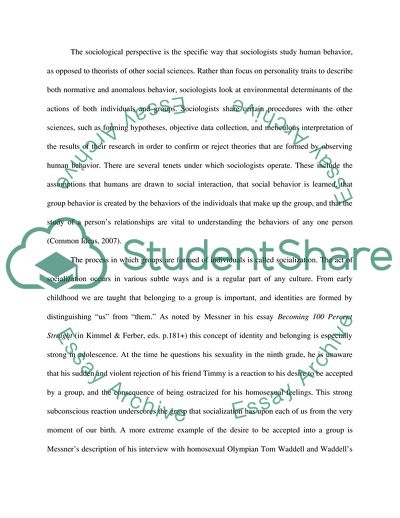Cite this document
(What is Sociology Article Example | Topics and Well Written Essays - 2750 words, n.d.)
What is Sociology Article Example | Topics and Well Written Essays - 2750 words. https://studentshare.org/sociology/1708133-what-is-sociology
What is Sociology Article Example | Topics and Well Written Essays - 2750 words. https://studentshare.org/sociology/1708133-what-is-sociology
(What Is Sociology Article Example | Topics and Well Written Essays - 2750 Words)
What Is Sociology Article Example | Topics and Well Written Essays - 2750 Words. https://studentshare.org/sociology/1708133-what-is-sociology.
What Is Sociology Article Example | Topics and Well Written Essays - 2750 Words. https://studentshare.org/sociology/1708133-what-is-sociology.
“What Is Sociology Article Example | Topics and Well Written Essays - 2750 Words”. https://studentshare.org/sociology/1708133-what-is-sociology.


